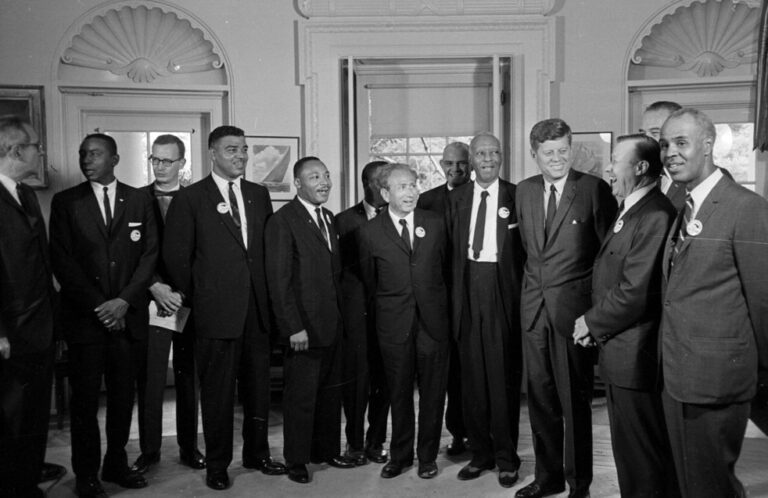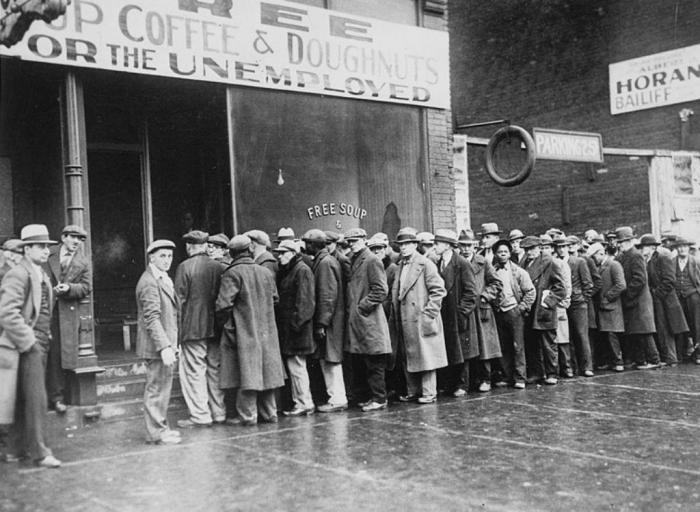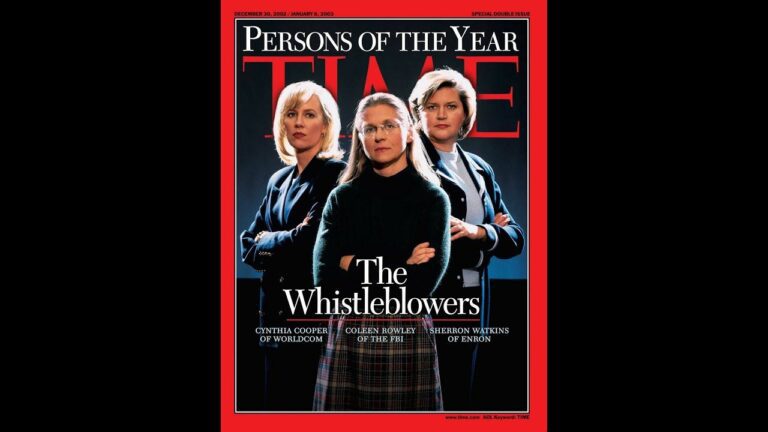The US Supreme Court has made an ad, and it’s surprisingly honest and informative. This video was produced by Juice Media. This was originally published on August 2, 2022.
Never miss another story
Subscribe to theAnalysis.news – Newsletter

The US Supreme Court has made an ad, and it’s surprisingly honest and informative. This video was produced by Juice Media. This was originally published on August 2, 2022.
Subscribe to theAnalysis.news – Newsletter

On this episode of Reality Asserts Itself with Paul Jay, Glen Ford discusses the JFK presidency and its relative indifference towards the black freedom struggle. This is an episode of Reality Asserts Itself, produced November 22, 2013, with Paul Jay.

Despite being (mis)characterized by the IMF as a free-market “success story,” South Korea’s development model involved state planning and import controls for decades prior to the 1997 East Asia debt crisis. Economist Martin Hart-Landsberg, Professor Emeritus at Lewis and Clark College in Portland, explains how capitalist globalization materialized and morphed in East Asia, often to the detriment of its worker population. With Trump’s inauguration nearing, Hart-Landsberg sheds light on why contemporary U.S.-China hawks view China as a threat rather than a technological competitor.

Murders take place in Baltimore at a rate that compares with New York, thirteen times the size; Eddie Conway says deep poverty, unemployment, and brutal policing are contributing factors to the murder epidemic – on Reality Asserts Itself with Paul Jay.

In the continuation of Paul Jay’s Reality Asserts Itself interview with Chris Hedges, they discuss the fantasy that we can have everything we want and the reality of the grave dangers facing us. This episode was produced on July 18, 2013.

Mr. Flassbeck, former head of UNCTAD, says current economic policy is heading back to the 1930s, a race to the bottom, they have no solution at all, we will end up again in trade wars or other wars. This is an episode of Reality Asserts Itself, produced July 29, 2014, with Paul Jay.

Former FBI agent Coleen Rowley discusses still unanswered questions about the lead-up to 9/11. This interview was produced October 23, 2009, with Paul Jay on Reality Asserts Itself.
If I may be permitted a further comment:
As there is nothing prescribed in the Constitution about who shall be the determiner of the Constitution’s meaning and John Marshall seized the opportunity to make himself that determiner in Marbury, and it stuck by default. Why did congress let that power devolve on SCOTUS? The final determinant of everything is M O N E Y, and who controls that? Why congress and especially, the House. The ruling class, fearful of democracy, definitely did not want the politicians closest to the people deciding what the Constitution meant, and the Representatives did not want it themselves. They seem much to have preferred a collection of lifetime appointees making such far reaching decisions than, themselves, to be held accountable. The truth is that congress could ignore the Supreme Court’s opinions on the Constitution, and there is nothing the Supreme Court could do! If the high court continued to displease congress, it could cut their pay.
SCOTUS has done the important dirty work of undermining democracy. The founders feared democracy, except for Thomas Paine. The Constitution left undetermined who would decide what it meant, probably to avoid a controversy at ratification. John Marshall seized an opportunity in Marbury v. Madison (1803) to declare the Court powerless to issue a mandamus, because the Constitution denied it that power, he pronounced. By finding the Court powerless in that regard, he assumed a far greater power: the power to decide what the Constitution permits and denies.
Thus, in 1857, Dred Scott v. Sandford, the Court decided that Mr Scott was not a citizen because he was Black, according to the Constitution.
In 1886, a Court Reporter, J.C. Bancroft Davis, was permitted by the Court to decide whether to report that the equal protection of the laws (the 14th amendment) applied to corporations. The subject of corporate rights was a hot one that no Justice wanted to address by name, so Chief Justice Waite let the Reporter reveal the Court’s view.
In 2000, the Supreme Court took upon itself the management of the presidential election and effectively appointed George W. Bush.
In 2010, the Supreme Court found that contribution vast sums of money to finance a political campaign was the same as free speech.
In their black robes, they have done their black deeds.